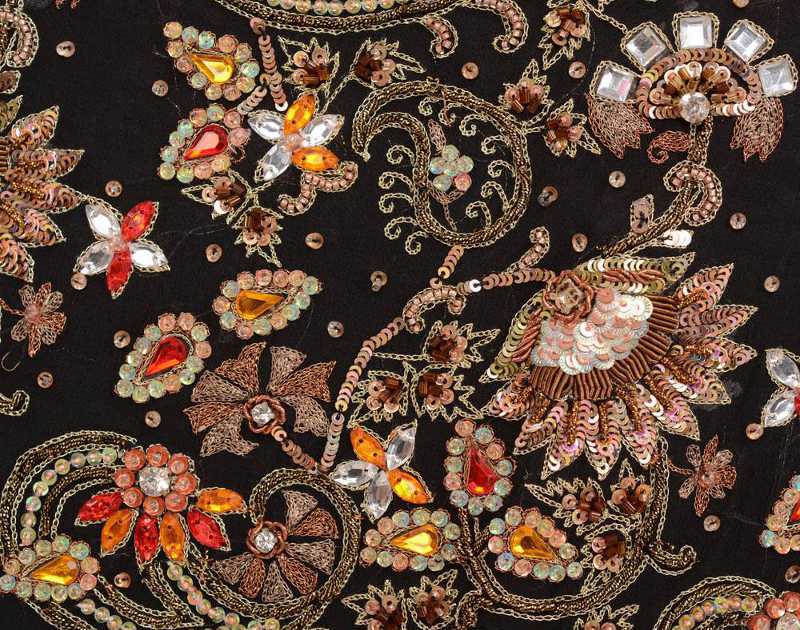===
0321,
6
===

=== |
 |
taklīf : 'Ceremony; the imposition of a burthen (upon); burden, difficulty, trouble, distress, inconvenience; molestation, injury, annoyance, hardship, grievance; suffering, ailment, affliction'. (Platts p.332)
taklīf : 'Proposing to, or obliging another to, undertake any thing difficult or above his strength; imposing, laying on a burden; trouble, difficulty, molestation, distress, inconvenience, annoyance; ceremony; duty, the right thing to do, what is incumbent'. (Steingass p.319)
aġhashtah : 'Moistened, macerated; mixed, polluted'. (Platts p.61)
FWP:
SETS == GROTESQUERIE; POETRY
MOTIFS
NAMES
TERMSWell, I am unable to take the split between the two meanings of taklīf as seriously as SRF does. It seems to me that they have a strong middle ground in the idea of the imposition of something burdensome on the speaker.
The āh is indeed perfect-- it's a sound that expresses one or another kind of taklīf , and also a sound that can be made without moving the lips. Though of course, it's also true that the speaker is saying the words that convey his inability to speak, so that he has to be moving his lips. This paradoxical situation might incline us to take suḳhan as referring particularly to poetry, not to ordinary speech.
The image of a speaker who doesn't want to open his lips, for fear of a gush of blood from beneath his tongue-- does that constitute 'grotesquerie'? His every word is 'mixed' or 'polluted' with blood-- ugh! I know, I know all the reasons it's supposed to fit perfectly into the transgressive abstractness of the ghazal universe. But I still don't care for it.
Note for grammar fans: In the second line, to make the sense work, we need to consider the grammar to be something like, 'I am [in a state of having] a hundred verses mixed with blood under my tongue'.